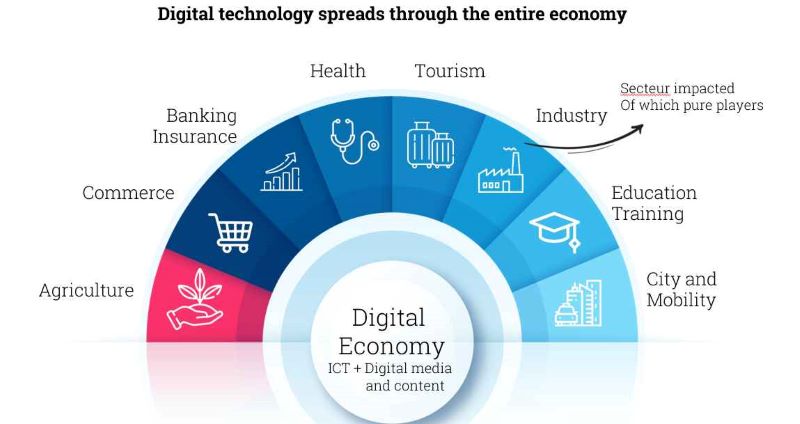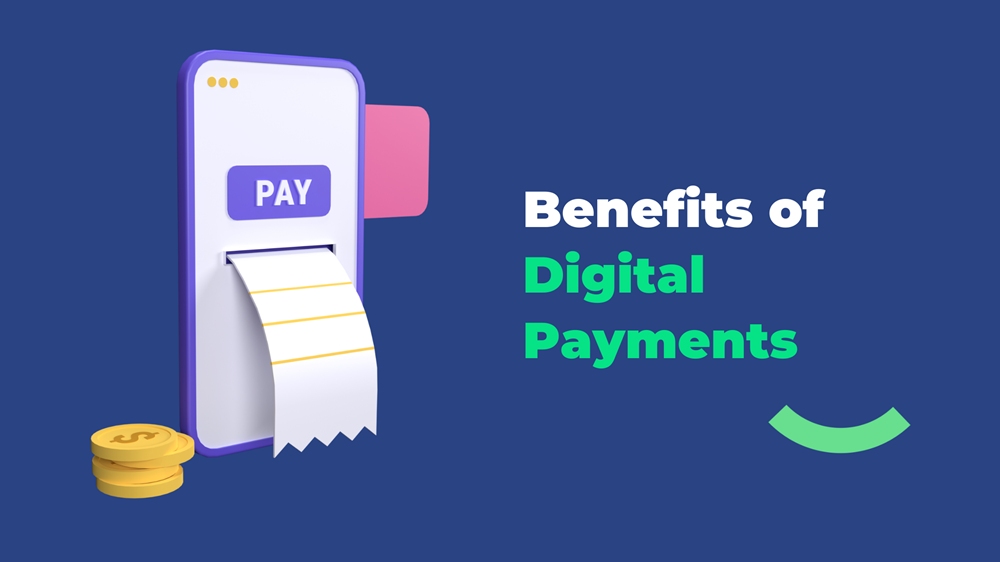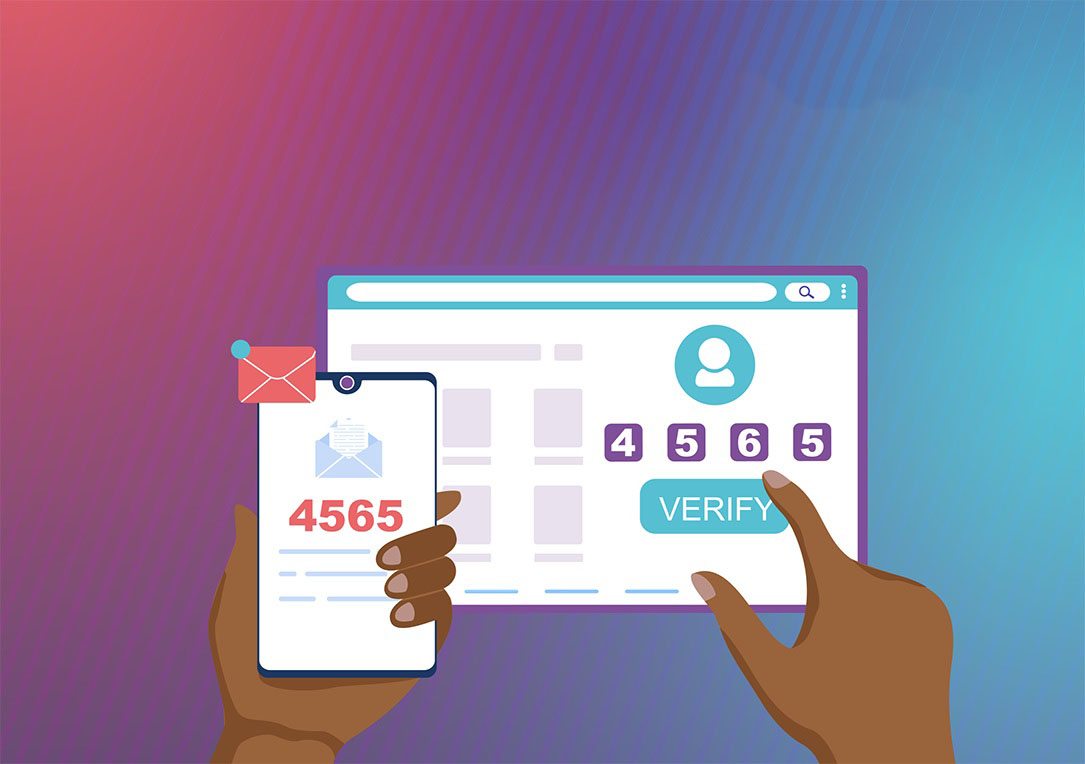How will regulation affect the future of digital economy platforms? Believe it or not, it’s not just about rules and red tape! The rise of digital marketplaces has forever changed how we buy, sell, and interact. As these platforms become the backbone of our economy, one burning question emerges: how will an evolving regulatory landscape shape their future? Laws like the Digital Services Act and GDPR are not only altering the digital arena but also promise to enhance user protection and set a new standard in data privacy. Your favorite apps and online shops could see a total revamp with these changes. Strap in as we dive into how these pivotal shifts might just revolutionize the digital world we live in.
Navigating the Regulatory Seas: The Impact on Digital Marketplaces
Understanding the Digital Services Act and Its Effects on Online Platforms
New laws are changing how we shop and share online. Imagine walking through a market that’s safe and fair for everyone. That’s our goal with new rules like the Digital Services Act (DSA). The DSA helps us know who sells us things online and stops bad stuff like fake products.
Online stores and social media will have to work harder to keep us safe. They must check who sells things and tell us about risks. If we see something wrong, we can report it, and they must look into it. It’s all about making online shopping and talking fair and honest.
Tech giants have to watch more what happens on their sites now. They have to share how they decide to show us ads or other content. This helps us understand what we see online and why.
Embracing GDPR Compliance for Enhanced User Data Protection
Our personal stuff, like names and birthdays, must be kept safe online. The GDPR is like a set of rules that helps keep our info private. Websites have to ask before they use it, and they can’t take it without a good reason.
When we buy something online, these rules make sure our info stays safe. And if we don’t want our info used anymore, places like online shops have to listen and act.
Businesses everywhere need to follow these rules if they handle info from people living in Europe. It’s a big job, but it’s important for keeping our private stuff private.
By keeping places online in check, both of these laws help make sure we’re all safe and treated right. They’re like guides leading the way as we sail the big ocean that is the internet.
The Intersection of Antitrust Laws and Tech Industry Dynamics
Scrutinizing Tech Giants Under New Competition Policies
Big tech companies now face more watchful eyes. New competition policies are set to make sure that these tech giants play fair. This means they can’t just throw their weight around to crush smaller players. It’s like making sure all kids on the playground can have fun, not just the big ones. They have to share and can’t just take all the best toys. This makes it hard for them to take over or control everything we buy and sell online. But that’s good. It opens doors for new ideas and keeps prices fair for everyone.
Startups and Small Businesses: Adapting to the Tech Company Compliance Landscape
Now, imagine you have a small toy store. Big rules come in that you need to follow. These laws are there for a reason – to keep everyone safe and honest. It’s like a rule that says your toys shouldn’t break easily so they don’t hurt kids. For small businesses, this might seem scary at first. It means doing some homework: learning what these laws are and how to follow them. That’s where the idea of ‘tech company compliance’ pops in. It’s a set of rules that helps ensure not only that your toys are safe, but also that you’re playing fair in the game of selling them.
Doing this can be tough and might cost you some money. But in the end, by following the rules – things like the Digital Services Act – you’re making sure your customers trust you. They’ll know you’re selling good, safe toys and not just out to make a quick buck. This can actually help your toy store stand out and maybe even get more customers!
With these new laws, we’re going to see a lot of changes. Big tech has to watch out, and smaller ones must learn the ropes quickly. But it’s not just about the rules or being scared of them. It’s about making sure that everyone gets a fair chance to succeed. We’re all looking at a future where the digital world feels a lot more like a friendly neighborhood than a wild jungle. And that’s something we can all get excited about!
The Global Puzzle of Digital Regulation and Data Governance
Harmonizing Cross-Border Data Flow with International Privacy Standards
Rules about data moving across borders are key for many online businesses. These rules are made to mesh well with international privacy laws. This is tough but key. We need clear, shared rules to keep data safe and trade flowing. What the future holds for digital platforms rests on this balance.
Let’s talk “cross-border data flow.” What does it mean? Think of data like water in pipes, crossing lines on a map. These pipes connect from one country to another. The water? That’s the personal info we all share online. “International privacy standards” are the rules that say how this info must be handled. They make sure no one’s personal stuff gets dirty – or spills – as it moves.
When we get this right, everyone wins. People stay safe. Business thrives. But when the rules are off, we get leaks – or worse; the pipes get blocked. Some countries have strict privacy rules – think GDPR in Europe. It says that people own their info, and it’s got to stay safe and be used right. Global data flow needs respect for these rules to keep the trust and the trade going.
So, how do we make sure digital economy platforms play by these rules? By mixing smart laws with tech know-how. Let’s find ways to check data is safe without stopping it from moving. That’s our mission. Trust is the gold that keeps e-commerce alive.
The Ripple Effects of E-commerce Platform Liability on Global Trade
Now, let’s dive into “e-commerce platform liability.” What’s that? E-commerce is selling and buying stuff online. Platform liability is about who takes the blame if something with that sale goes wrong. This is a big deal for global trade and digital marketplaces.
Imagine you buy a toy online, but it breaks right away. Who’s on the hook? The maker, the seller, or the website where you bought it? The lines can get blurry. If platforms have too much blame, they may not let some goods sell. Or they might leave some markets altogether. That hurts everyone. But, we can’t let bad products hurt people or trick them either. We need a fair and safe space for all.
When rules about platform liability are clear and fair, trust grows. More trust means more trade on a global scale. It’s a balancing act – protect folks from harm but also let trade and innovation bloom. We watch how these rules shape up around the world. We look for ways to keep online marketplaces secure and successful.
Rules change, and we must change with them. The digital economy’s future is a puzzle we’re all putting together, piece by piece. Our job is to watch and guide so that each piece fits just right. That means good trade, safe data, and happy people everywhere. It’s a big goal, but we’re here to tackle it.
Shaping the Horizon: Future Policy Frameworks for the Digital Economy
Balancing Innovation and Consumer Protection in the Platform Economy
New rules are coming that will change how digital markets work. They aim to keep innovation alive while making sure customers stay safe. This means platforms must play fair and show they care for user safety. We have seen big fuss about privacy and data misuse. Brands like Facebook and Google know this all too well. New laws like the Digital Services Act (DSA) are leading this change.
The DSA will shape how we use the internet. All big tech must show a clear way to keep users’ data private and safe. This act makes platforms responsible for the content they host. It means they have to be extra careful with what they allow on their sites.
When we talk digital services and regulation, there’s a big word we can’t ignore: trust. Digital services need trust to grow. People want to know they’re safe when they shop or chat online. They want products that work as promised. This is where our government steps in, through laws and rules.
Tech companies’ compliance is a hot topic. They must follow new rules. Otherwise, they face big fines and upset users. Privacy standards for user data are at the core. They tell companies how to handle and protect personal info. Companies that do this right earn customer trust and do better in the long run.
AI Governance and Cybersecurity: Paving the Way for Sustainable Digital Advancement
AI and cybersecurity are key for a healthy digital world. As AI grows smarter, we need smart rules to guide it. The same goes for cybersecurity. Our data must be protected against hacks and leaks.
Just picture AI in charge of cars, health care, or shopping. It’s great but also a bit scary. So, we need rules to make sure AI helps us and does not harm us. These rules ensure that AI decisions are fair and clear. This way, we can all feel good about using AI in daily life.
When it comes to cybersecurity, think of it as a shield. This shield has to stay strong against attacks. Cybersecurity requirements for platforms help with this. They tell companies how to keep their tech and our information safe. Having good security means fewer worries about data theft or service outages.
We’re on a path where the web will grow safely and smartly. Laws that adapt to new tech are guiding us there. For a booming digital future, we need these rules. They help control risks but also let new ideas shine. They make sure everyone, from the big tech giants to small app creators, play by the rules. This way, our digital world stays fair and forward-moving.
In this post, we dove into how laws shape our digital world. We looked at the Digital Services Act, GDPR, and how they affect online platforms. We saw the big change in user privacy they bring. Then, we explored antitrust laws and their effects on tech giants and small businesses alike. Every player must adapt to stay afloat in this tech sea.
We also took a global view, discussing data rules and e-commerce platform roles in world trade. Lastly, we pondered the future of digital policies. How do we keep innovating while protecting our users? We talked about how AI and cybersecurity hold the keys to safe growth ahead.
In conclusion, staying informed and flexible can help us navigate these changes well. As we move forward, let’s work to build a digital space that’s better for everyone. Keeping track of these shifts in rules will be key to our success online.
Q&A :
How is regulation expected to impact digital economy platforms in the coming years?
With the increase in digital transactions and platform-based services, governments are looking to create a more secure and fair digital marketplace through regulation. This could result in tighter controls on data privacy, security measures, and competition laws which may require platforms to adjust their business models, ensure greater compliance, and possibly face increased costs or operational challenges.
What kinds of regulations might emerge for digital economy platforms?
Future regulations may involve stricter data protection and privacy laws similar to GDPR, rules against anti-competitive practices, laws ensuring gig economy workers’ rights, and taxation policies adapted for digital services. The goal of these regulations would be to ensure user safety, fair market competition, and equitable labor conditions.
How can digital economy platforms adapt to new regulations?
Digital economy platforms can adapt by investing in compliance infrastructure, engaging with policy makers during the legislative process, and staying agile in their business practices to pivot according to regulatory changes. Early adoption of ethical standards and transparency can also position platforms favorably in the regulatory landscape.
Will regulation stifle innovation in digital economy platforms?
There is a balance to be struck between regulation and innovation. While some fear that stringent rules may hinder growth and creativity, well-crafted regulations can also protect consumers, promote trust, and create a stable environment for sustainable innovation. Platforms that innovate within the framework of regulation might even gain a competitive advantage.
How might consumer experience on digital economy platforms change due to regulation?
Regulation has the potential to elevate consumer experience by ensuring better protection of personal data, fairer pricing, and improved service quality. While some regulatory measures might lead to increased costs for services, the overarching aim is usually to enhance the overall trustworthiness and reliability of digital platforms for end users.






